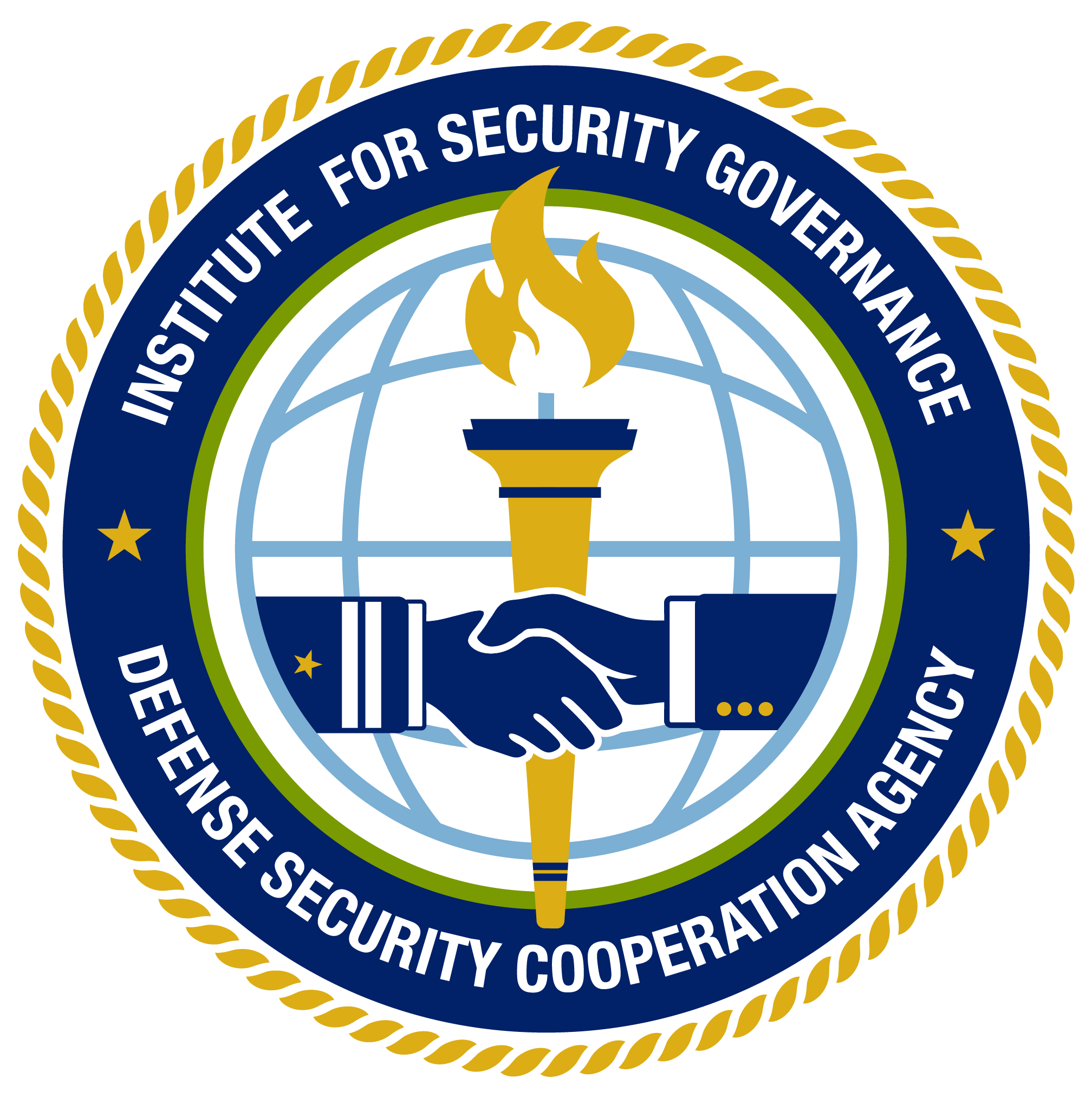Latest News - Defense Security Cooperation University
Featured Articles

BUILDING NATIONAL RESILIENCE IN BULGARIA
Mar 18, 2024
NEWS POSTS

INTERNATIONAL DEFENSE ACQUISITION NEGOTIATIONS
Congratulations to the latest cohort of International Defense Acquisition Resource Management (IDARM) "International Defense Acquisition Negotiations" graduates. This course focuses on planning for and negotiating complex issues related to international defense contracts. Particular emphasis is placed on the strategies, techniques, and characteristics of good negotiators.
Participants examine the protocols, processes, and challenges inherent in the contract negotiation process. Course content supports participants to both develop an understanding of opportunities to negotiate, and of situations that have non-negotiable elements. Participants examine their natural negotiating tendencies and how and when to adapt their negotiation styles given the behavior and goals of parties involved. They also take part in extensive negotiations designed to apply the concepts discussed in real world scenarios.

DR. WHITNEY GRESPIN PUBLISHED ON PRIVATE SECURITY ASSISTANCE ACTIVITY IN THE HORN OF AFRICA
ISG Africa Regional Program Lead Dr. Whitney Grespin recently contributed a chapter on “Private Security Assistance Activity and Oversight in the Horn of Africa” to the policy brief series published by Addis Ababa University’s Institute for Peace and Security Studies (IPSS).
In this chapter, Dr. Grespin expands our understanding of the nature and scope of private security activities (and actors) in the region; demonstrates why “strategic monism” must be avoided; and successfully argues why these private security actors do not solve the broader strategic security challenges in the region, and Africa at large. Kudos Dr. Grespin!

CIVIL-MILITARY COORDINATION IN DISASTER RELIEF
We are proud to announce the successful culmination of the Civil-Military Coordination in Disaster Relief course. This course develops a comprehensive understanding of how national governments organize and use their armed forces to support domestic and international disaster response operations. The course emphasizes cross-community understanding and communication skills that improve the ways that armed forces, government civilian agencies, and non- and inter-governmental organizations can work more effectively alongside one another in disaster relief.
Objectives include:
♦ Deepen their understanding of disaster response communities
♦ Develop knowledge of national systems for coordinating disaster responses
♦ Explore the methods used by the international community to support national governments during disaster response
♦ Exercise their capacity to build trust, identify shared objectives, and promote collaboration
♦ Explore emerging concepts and initiatives from various communities
♦ Build cross-community professional networks

LIBERIA'S FIRST FEMALE MINDEF – ISG ALUM
Retired Brigadier General Geraldine Janet George, who was recently appointed as the new Acting Liberian Minister of Defense, is the first woman to serve in this role in the country’s history, making this appointment an historic step forward for the country and the continent.
BG George is also a graduate of several Institute for Security Governance (ISG) Resident & Mobile Education Training courses.

ISG 5TH ANNIVERSARY
5 Years of Impact at ISG!
In five years under the auspices of DSCA, and our nearly 30 years of history as a DoD Security Cooperation implementing component, ISG has grown remarkably into a pivotal force within the Department of Defense, expanding our reach with our foreign partners and continuing to innovate and implement in all aspects of Security Cooperation.
Going forward, our primary mission remains our focus: to advance U.S. national security interests by strengthening the institutional capacity of partner and allies’ defense and security sectors.

GRESPIN: CO-AUTHORS BLOG POST ON MEDIUM.COM ON NONSTATE SECURITY ACTORS
In a compelling exploration published on Medium.com, ISG Africa Regional Program Lead Dr. Whitney Grespin and coauthor Dr. Caroline Batka, a senior military analyst at Comenius University, reflect on why the language around private actors in international security services matters. This analysis, rooted in the authors’ extensive background in security governance, underscores the pivotal role terminology plays in shaping the perception, regulation, and behavior of these actors.
The article makes a compelling case for the necessity of a refined and expanded lexicon to accurately reflect and regulate the activities of these diverse groups. By highlighting the intricacies of terminology in international security, Drs. Grespin and Batka contribute significantly to the ongoing discourse on how we understand and engage with private actors in this critical field. We commend our colleague, Dr. Grespin, for her thought leadership.

